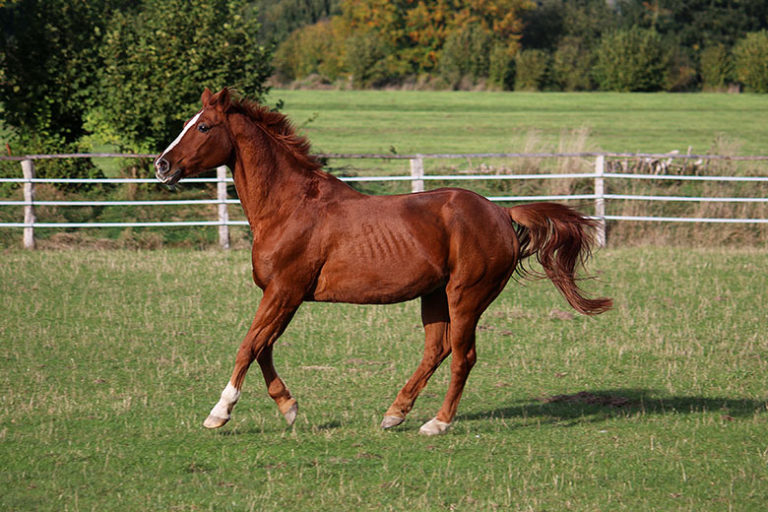Colic Prevention: Proven Tips to Reduce Risk
Colic is a common, expensive, and potentially fatal condition in horses that owners should try to prevent through proven management strategies. Fortunately, Noah Cohen, VMD, PhD, Dipl. ACVIM, associate professor at Texas A&M University’s















